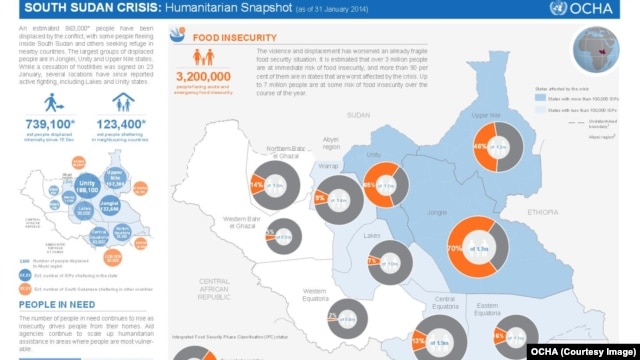sudan
Senior Member
- Oct 17, 2012
- 266
- 11
- 51
Washington did not react quickly to the Sudanese visa application for its high level delegation, supposed to be led by President Al-Bashir, to participate in the 68th session of the UN General Assembly meetings in New York.
Surely, the intention of the US move was to make the application futile since the visa will be delayed until the UN meetings are over.
The best evidence that the US was intending to obstruct the visit of the US delegation, led by President Al-Bashir, was the fact that the visa applications of the participating Presidents are normally do not take so long time as the US, in this particular case, is committed to issue visas for the presidents who want to come to the UN.
According to the UN charters, the issuance of visa in these cases is a routine step.
Therefore, the US took this grey step with the aim of making the visit of the Sudanese president and the accompanying delegation impossible as it could not say it decided not to issue the visa nor be able to issue the visa due to the influence of the pressure groups.
However, this stance will result in a package of legal and political complexities that will have its impact on the US administration top of which is the failure of the US in respecting the UN regulations.
The US has also caused a legal problem to the UN that will face a huge embarrassment due to this American stance.
The UN has the right to obtain a legal explanation from the US even after the conclusion of the UN general assembly meetings.
The UN General Assembly can make decisions on the participation of its members to the General Assembly meetings.
Thus, Sudan has the right to table a complaint against the US stance obstructing the participation of the Sudanese President in the meetings.
Finally, the US stance could increase the number of the countries that reject the ICC charter.
Surely, the intention of the US move was to make the application futile since the visa will be delayed until the UN meetings are over.
The best evidence that the US was intending to obstruct the visit of the US delegation, led by President Al-Bashir, was the fact that the visa applications of the participating Presidents are normally do not take so long time as the US, in this particular case, is committed to issue visas for the presidents who want to come to the UN.
According to the UN charters, the issuance of visa in these cases is a routine step.
Therefore, the US took this grey step with the aim of making the visit of the Sudanese president and the accompanying delegation impossible as it could not say it decided not to issue the visa nor be able to issue the visa due to the influence of the pressure groups.
However, this stance will result in a package of legal and political complexities that will have its impact on the US administration top of which is the failure of the US in respecting the UN regulations.
The US has also caused a legal problem to the UN that will face a huge embarrassment due to this American stance.
The UN has the right to obtain a legal explanation from the US even after the conclusion of the UN general assembly meetings.
The UN General Assembly can make decisions on the participation of its members to the General Assembly meetings.
Thus, Sudan has the right to table a complaint against the US stance obstructing the participation of the Sudanese President in the meetings.
Finally, the US stance could increase the number of the countries that reject the ICC charter.


